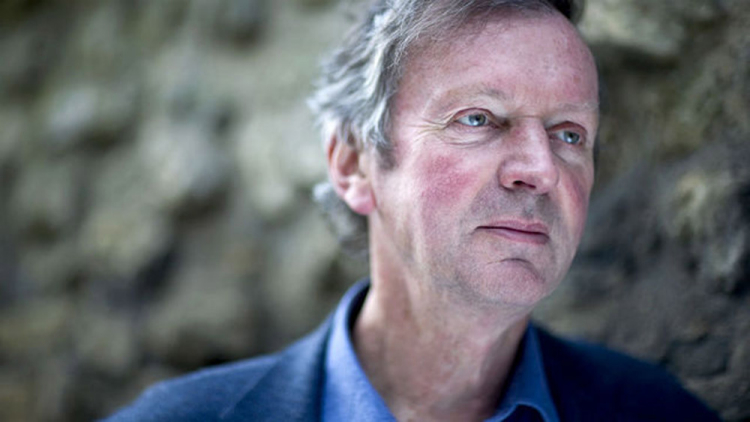The Ten False Assumptions of Modern Science
By Mike Adams | Авг 23, 2013

Much of modern science remains stuck in an endless inward spiral of false paradigms. That’s why “scientific” medicine, for example, offers no real answers to the really big diseases: cancer, diabetes, heart disease, Alzheimer’s, and so on.
More importantly, modern medicine will never solve these problems unless it abandons its false assumptions and embraces the “higher science” beyond reductionism and materialism.
This is the message of one of the most important books of our time: Science Set Free by Rupert Sheldrake.
This book, available both in hardcopy and audio format, outlines 10 new pathways to discovery that promise to allow human civilization to leap forward into a new era of understanding, achievement and the harnessing of the power of nature and the cosmos. (I own the audible.com edition and have been excitedly listening!)
“Rupert Sheldrake may be to the twenty-first century what Charles Darwin was to the nineteenth: someone who sent science spinning in wonderfully new and fertile directions.” — Larry Dossey, M.D., author of Reinventing Medicine
The ten false assumptions of modern day science
Much like myself, Sheldrake is very much “pro science.” But he is disturbed by how scientific advancement has become trapped in a cultural tar pit of delusional beliefs and false assumptions. These false assumptions, listed below, hold science back and prevent human civilization from progressing toward a more profound understanding of nature, ourselves and our universe. (And that’s the whole point of science in the first place. Not to enrich corporations but to deepen our understanding of the universe.)
The following 10 items are Sheldrake’s, but the comments for each item are my own. For the record, Sheldrake may or may not agree completely with my own explanations for each heading here, but they are written in the spirit of what I believe he is wanting to say. If you want his full explanation of these ten items, read his book.
False Assumption #1) The universe is mechanical
Modern science believes the entire universe is made of up “stuff” and nothing else. There is no consciousness, no spirit, no mind and nothing other than mechanical and chemical stuff.
This explains modern science’s obsession with finding smaller and smaller particles at CERN. Many scientists actually believe that if the smallest bits and pieces of a mechanical universe are finally identified and labeled — because labels are really, really important to the materialistic worldview — then the entire cosmos will finally be understood and the “delusion” of God / creator / architect can finally be dismissed forever (in their view). Their goal is the ultimate pessimism: to destroy any belief in a higher intelligence and to doom humans to living pointless lives that end in their total destruction at the moment of death.
False Assumption #2) All matter is unconscious
The most astonishing delusion in modern science is the fact that most modern scientists do not believe they are, themselves, conscious beings. This is also true with Stephen Hawking, whom I have written about in some detail. (See my popular mini-documentary The God Within for a full explanation.)
Modern science assumes that humans are nothing more than biological robots and that animals are not conscious either. They literally believe that consciousness is an illusory artifact of the chemical brain. Not surprisingly, they also do not believe that plants and other living systems are conscious. Even further, the idea that inanimate objects such as minerals or crystals might have some sort of consciousness is considered heresy by most modern scientists.
This denial of consciousness is an assumption, however. There is no evidence supporting the assumption. In fact, first-person evidence of the human experience appears to directly contradict the false assumption that humans are not conscious.
Learn more: здесь















